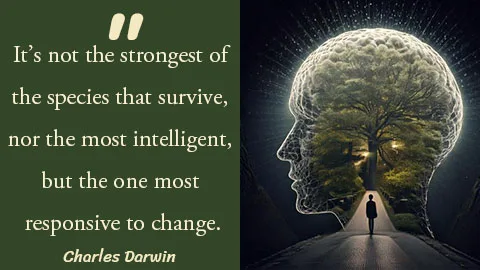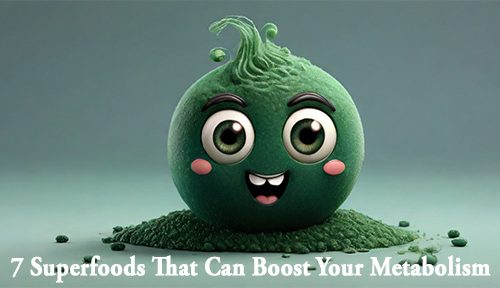
How Digestive Health Affects Mental Well-being.
Discover how digestive health affects mental well-being and learn if carbs are friends or foes for your brain. Find out which foods boost focus, mood, and productivity.
Have you ever felt “butterflies in your stomach” when you’re nervous? That’s because your gut and your brain are more connected than you might think. Your digestive system doesn’t just break down food—it communicates with your brain through a complex network of nerves and chemicals, affecting your emotions and mental well-being
When your digestive system isn’t working properly, it can send signals to your brain that impact your mood. For instance, an upset stomach or gut inflammation can trigger feelings of anxiety or depression. And here’s where it gets fascinating: your gut bacteria play a crucial role in producing neurotransmitters like serotonin, often called the “happy hormone.”
The Gut-Brain Connection
A healthy gut means a healthy brain. The bacteria in your gut influence neurotransmitter production, including serotonin, which has a direct impact on your mood. When your gut bacteria are out of balance, it can lead to imbalances in these neurotransmitters, making you feel more stressed, anxious, or even depressed. So, taking care of your gut health is not just important for digestion—it’s vital for your mental well-being.
What You Eat = How You Feel.
Eating a balanced diet, staying hydrated, and managing stress all contribute to keeping your gut—and mind—healthy. So, next time you feel off, listen to your gut. It might hold the key to a happier, healthier you.
Carbs: Friend or Foe?
We’ve all heard it—carbs are bad for you. But what if they aren’t the villains they’re made out to be? Let’s dig into how carbohydrates affect our mental health and why we need to rethink our relationship with them.
The Comfort of Carbs
Ever noticed how a big bowl of pasta feels like a warm hug for your brain? That’s not just nostalgia. Carbs play a crucial role in mental well-being. They promote serotonin production, the neurotransmitter that encourages relaxation and feelings of happiness. This is why you might crave comfort foods like cookies or a plate of mashed potatoes when you’re stressed—carbs are like edible therapy.
The Anxiety Connection: Too Much of a Good Thing
However, here’s the catch: too many refined carbs can cause more harm than good. Overindulging in sugary snacks, white bread, or those extra donuts can send your blood sugar on a rollercoaster. The quick energy boost is often followed by a crash, leading to fatigue, irritability, and, yes, anxiety.
Research supports this. A study published in the American Journal of Clinical Nutrition found that diets high in refined carbohydrates were linked to increased anxiety and depression. Why? Rapid blood sugar spikes and crashes, combined with inflammation in the brain, can disrupt its delicate balance, leaving you feeling mentally foggy and emotionally drained.
The Right Kind of Carbs: Brain’s Best Friend
But before you decide to swear off carbs entirely, let’s clear something up: not all carbs are created equal. In fact, complex carbohydrates are your brain’s best ally. Here’s how to get it right:
- Whole Grains: Oats, quinoa, and brown rice are rich in fiber and release glucose slowly, providing steady energy without the sugar crash.
- Sweet Potatoes: A nutrient powerhouse packed with vitamins and fiber, sweet potatoes are a naturally sweet source of carbs that don’t disrupt your energy levels.
- Legumes: Chickpeas, lentils, and beans are full of protein and fiber, which help fuel your brain and keep you focused throughout the day.
The secret? Choose complex carbs over refined ones to maintain a steady, balanced energy supply for both your body and brain.
Balancing Your Gut and Brain Health
When you choose the right foods, you’re not just supporting your body—you’re boosting your mind, too. A healthy gut leads to improved mental clarity, better energy levels, and sharper focus. By opting for whole, nutritious foods and steering clear of refined carbs, you’re nourishing your gut and enhancing your mental well-being.
To achieve a balanced gut, focus on foods rich in fiber, healthy fats, and probiotics. Foods like leafy greens, whole grains, yogurt, and fermented foods help maintain a healthy balance of gut bacteria, which in turn supports better digestion and emotional health. Keep processed foods and excess sugar to a minimum, as they can disrupt this balance and lead to issues like brain fog or mood swings.
Every meal is an opportunity to fuel both your gut and your brain. The good news is, you’re in control. So, next time you sit down to eat, ask yourself: Is this food fueling my mind or fogging it?




